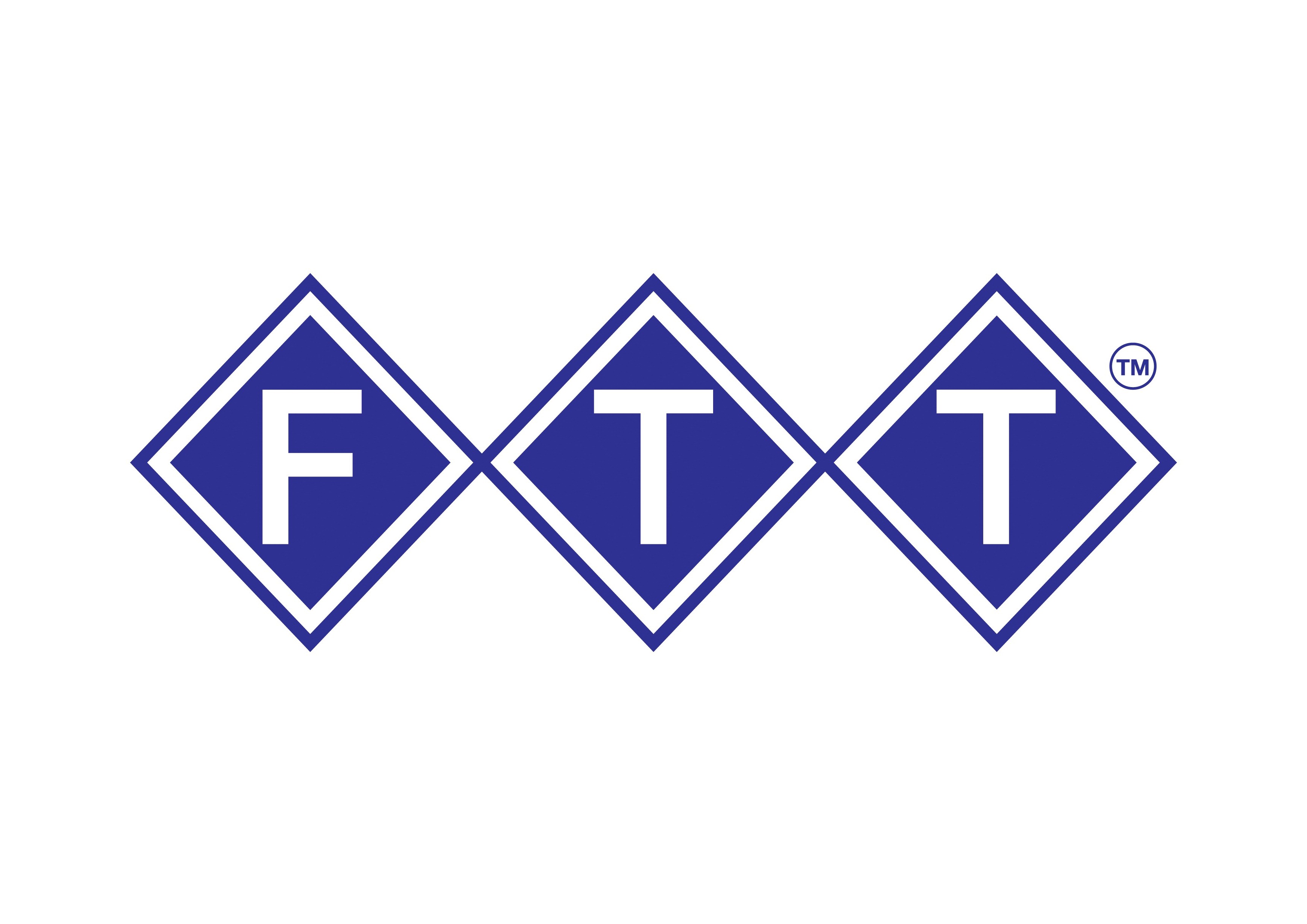For employers operating lift trucks on public roads, there’s been a great deal of confusion over what the Law demands.
Taxation
All vehicle registration and licensing are governed by the Vehicle Excise and Registration Act 1994, which requires all mechanically-propelled vehicles used or kept on the public road to be registered and taxed.
Fork lift trucks are taxed according to their weight and means of propulsion. A forklift truck with a revenue weight exceeding 3,500 kg can be taxed as a ‘works truck’, provided it is designed for use on private premises and is only used on the public road for carrying goods between private premises and a vehicle on the road in the immediate vicinity.
The term “immediate vicinity” is not defined in law, but as a guideline, it has been ruled that any distance exceeding 1,000 yards is not considered to be within the immediate vicinity.
Any fork lift truck that exceeds 1,000 yards on a public road should be taxed in the Heavy Goods Vehicle taxation class.
A fork lift truck with a revenue weight of 3,500kg or under should be taxed in the Private/Light Goods taxation class and any electrically propelled fork lift truck should be taxed in the Electric Vehicle taxation class.
Don’t forget
Any lift truck operating on the public highway – for any distance – must be registered, insured and taxed. Your operator must also have an appropriate, valid driving licence
